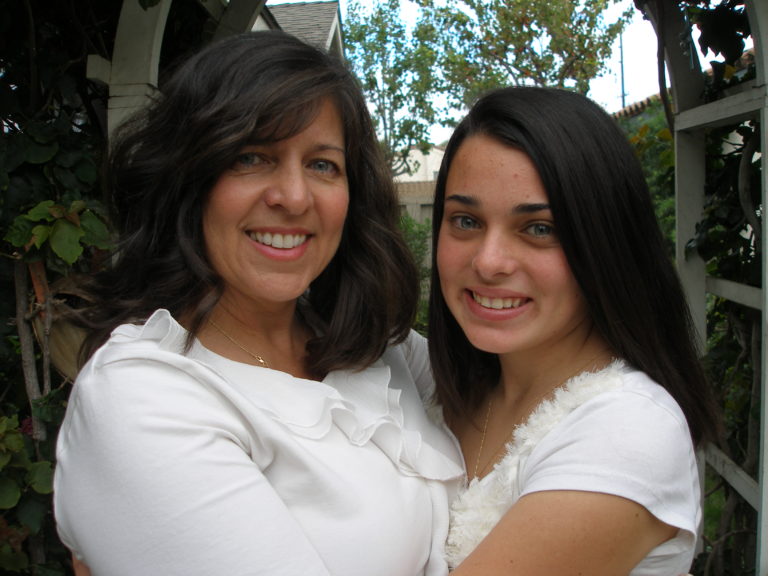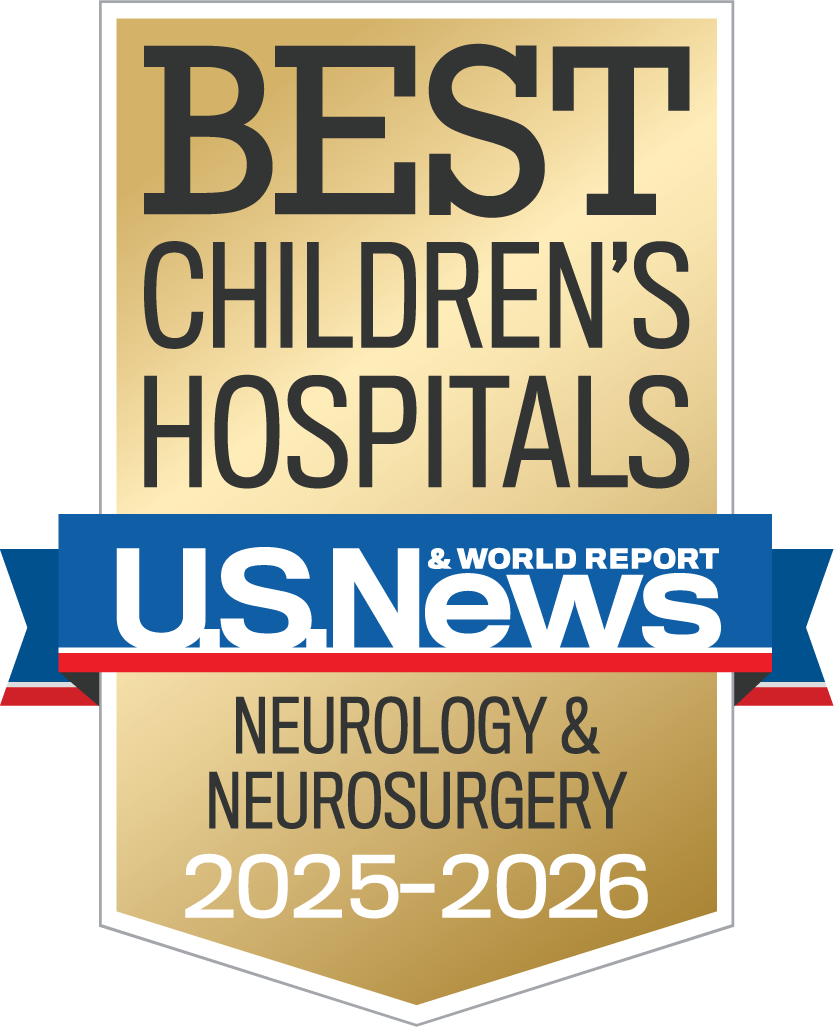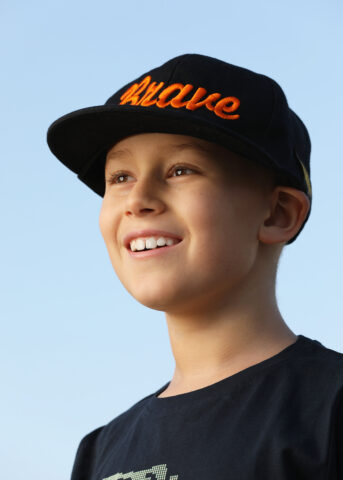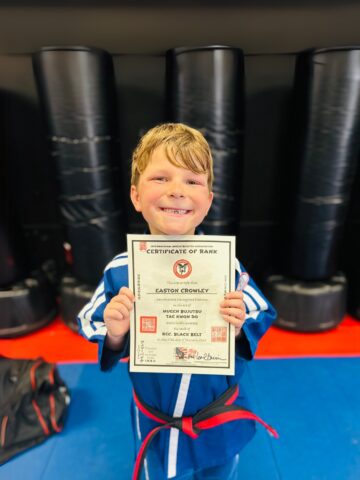In honor of National Epilepsy Awareness Month (November), Janna Moore, whose daughter is being treated for epilepsy at CHOC and who also co-founded the Epilepsy Support Network of Orange County, provided the following guest post. These tips are intended to help parents cope with the diagnosis of epilepsy and ensure their children get the best possible treatment and experience the best possible outcomes. This list was compiled from a survey Janna completed with 70 parents, who have more than 275 years of epilepsy experience, combined.

Attention Parents of Children with Epilepsy: Here’s a “Top 10” List You Won’t Want to Miss!
- Find an experienced pediatric epileptologist at a pediatric epilepsy center.
- Try and video/digitally record your child’s seizure to show the doctor at your child’s appointment.
- Get an accurate epilepsy diagnosis detailing the seizure type or syndrome to ensure the most effective treatment for your child.
- Join a local epilepsy advocacy organization, like Epilepsy Support Network of Orange County, to connect – through educational and emotional support groups – with other parents who have many years of experience caring for their children with epilepsy.
- Join an on-line support group to learn as much as you can about your child’s seizure type.
- Start a medical notebook: track/record seizures – dates, times, triggers, in addition to how it started and what it looked like. Details are very important for the doctor. Get yourself a calender, a log sheet, or sign onto “Seizure Tracker”.
- Ask your child’s doctor about the emergency epilepsy medication, Diastat, if your child’s seizures last longer than 5 minutes or cluster. Call 911 if child is experiencing 1st time seizure or if a child with epilepsy has a seizure lasting longer than 5 minutes.
- Educate yourself about your child’s specific seizure type once you get an accurate diagnosis.
- Train your family members, child care providers and teachers on seizure recognition and first aid so your child is safe in any environment. You can schedule this presentation through Epilepsy Support Network.
- Keep an eye on cognitive abilities and report to the doctor if you see a decline, which could be seizure -related. Watch for behavioral changes, as well. Be sure to address cognitive, behavioral, social issues if they arise – the sooner, the better.
Janna Moore’s daughter was diagnosed with epilepsy when she was 3 ½ years old. She and her family experienced several challenges along the way, until arriving at CHOC, where she was seen by Dr. Mary Zupanc, director of CHOC’s Comprehensive Epilepsy Program. Janna is a co-founder of the Epilepsy Support Network of Orange County, for which she currently serves as director of programs and services.
Get more expert health advice delivered to your inbox monthly by subscribing to the KidsHealth newsletter here.

Learn more about CHOC’s Neuroscience Institute
CHOC Hospital was named one of the nation’s best children’s hospitals by U.S. News & World Report in its 2025-26 Best Children’s Hospitals rankings and ranked in the neurology and neuroscience specialties.





